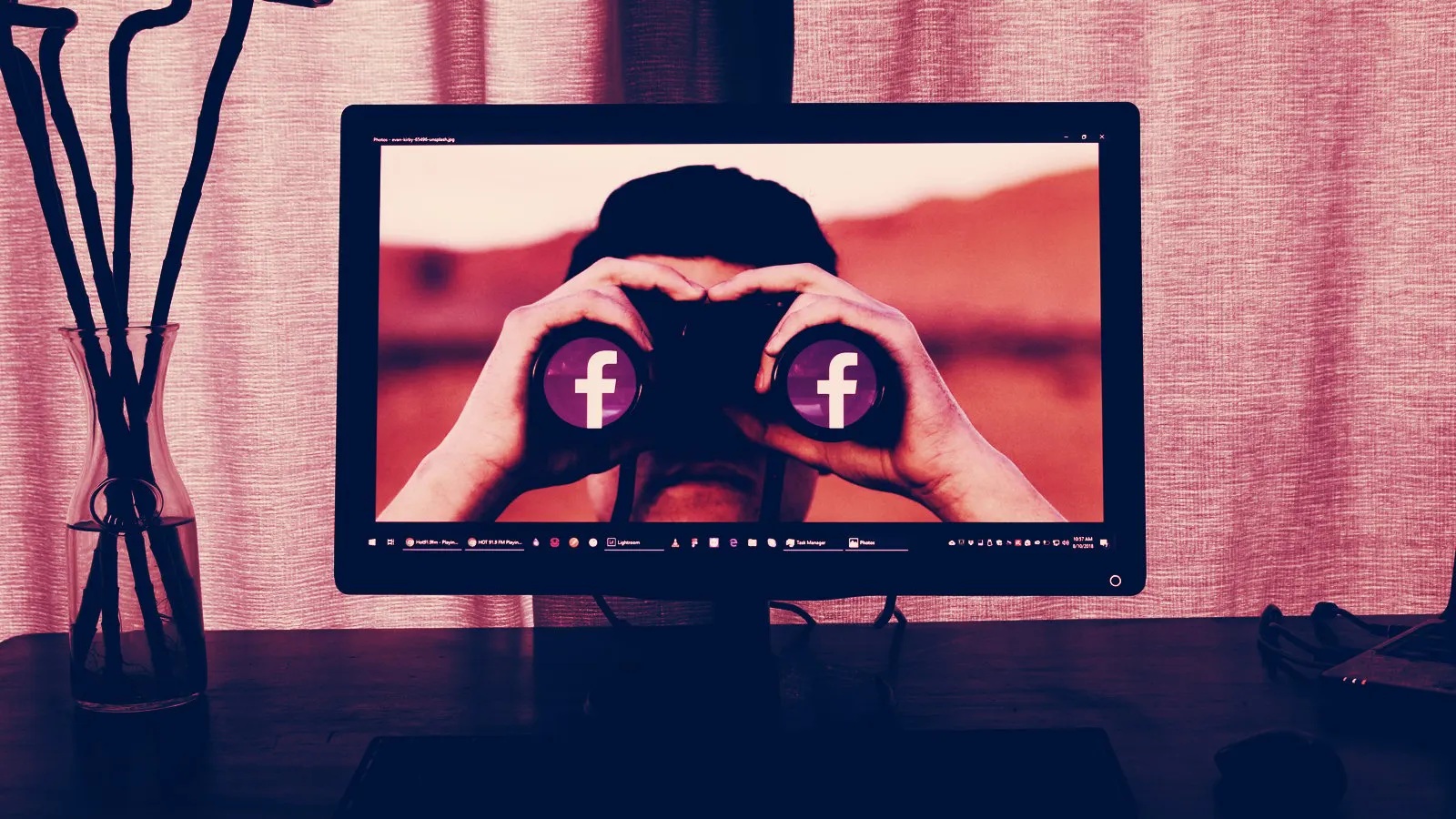Privacy coin advocates are up in arms over Facebook’s Libra Coin.
Last week, Facebook’s blockchain lead David Marcus implied that privacy-focused coins like Monero and Zcash were for criminals, and Libra—which he claimed provided its users with pseudonymity but otherwise complied with KYC and AML requirements—was not. “If you’re a criminal and you want to transact on a network, this is not going to be your network of choice because accounts are pseudonymous, not anonymous or shielded,” he said.
But key representatives of Zcash, the second largest privacy coin by market cap, said in interviews with Decrypt this weekend that Marcus is misleading—and Libra is little more than a way to hoodwink billions of people into believing their transactions would be private, when the social network would be quietly mining all that new data from its users.
“Facebook’s business model is fundamentally opposed to privacy,” says Josh Cincinnati, executive director of the Zcash Foundation. “[Facebook] being able to see the transaction graph more clearly definitely benefits their business as it stands today.”
Cincinnati added, “I think their entire model is predicated on it not being private.”
In an interview with Decrypt, Marcus explained that many of the transactions on Libra will be made through custodial wallets, i.e. they will not be uploaded to the network's ledger. However, for anyone making a direct transaction via other means, like directly sending Libra coin to someone else, that information would be uploaded and therefore available to anyone.
In contrast, privacy transactions on Zcash work by not revealing the transaction information to the blockchain. This means the addresses that the coins were sent to and from are hidden, along with the transaction amount. And this is where Marcus’s critique hones in: this system could, in theory, be used for illegitimate uses.
Jack Gavigan, head of product and regulatory affairs at Electric Coin Company—which also builds Zcash—argued that privacy coins are a technology that can be used for both good and bad. But that the societal benefits of having financial privacy outweigh the risks that some people will use the coin to commit crimes.
“There’s a growing recognition that privacy is desirable and important,” he said. “But there’s a balance to be struck between a panopticon model of surveillance in order to prevent terrorism versus a more proportionate set of measures that don’t involve wholesale breaches of individuals’ rights.”
In March, Facebook rebranded itself a privacy-first business. But its Switzerland-based foundation and its announcement of a cryptocurrency that is anything but private, it’s clear not everyone at Menlo Park got the memo.

